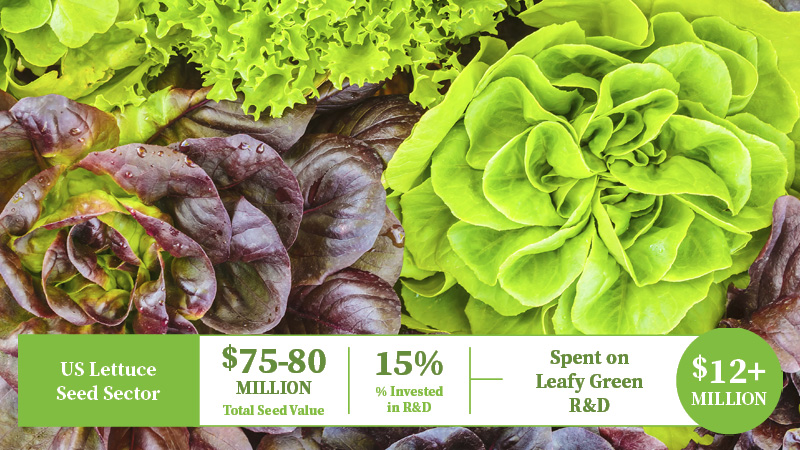Emerging Ag Enterprises in Florida Set for Growth
There is no shortage of commodities produced by Florida. There are literally hundreds. But, there’s always room for more, right? A new UF/IFAS grant program is set to provide ample backing in funds and know-how to further research and education of emerging agricultural enterprises in the state.
Titled “Support for Emerging Enterprise Development Integration Teams” (SEEDIT), the program’s 19 projects total almost $1.24 million and include 176 faculty and staff, 14 UF/IFAS academic units, and seven research and education centers. According to UF/IFAS, the projects represent diverse and novel agricultural sectors including vanilla, hops, specialty pumpkins, high-tunnel veggies, and more.
The SEEDIT project, a first of its kind for UF/IFAS, aims to boost partnerships between the university and businesses within the agriculture industry. The goal is to develop data and information to present back to industry to determine if the proposed enterprises are of interest, and if so, for UF/IFAS to pursue further.
“There is a desire for alternative crops and enterprises by our stakeholders around the state,” Robert Gilbert, UF/IFAS Dean for Research. “We developed the idea of research and Extension working together to identify chokepoints and alleviate economic barriers to grow these different enterprises.”
When reviewing applications for the SEEDIT grants, the review committee looked for research and Extension teams that would work closely together and had ideas for emerging enterprises. Specifically, new industries and crops that UF/IFAS preliminary data suggests would be promising for the state of Florida.
Gilbert said teams had to show that they know a lot about the enterprise, can work well together both on the research and the outreach through Extension, and that the enterprise is well-suited for public-private partnership with industry leaders around the state.
Click here for a complete list of the SEEDIT projects.









